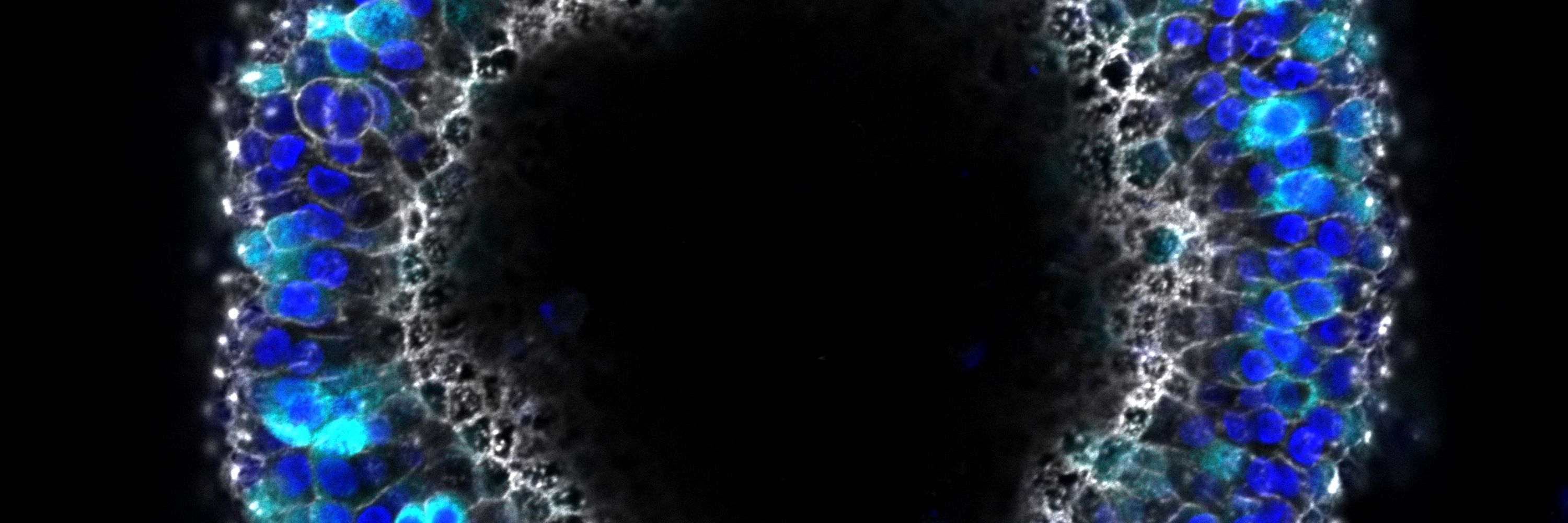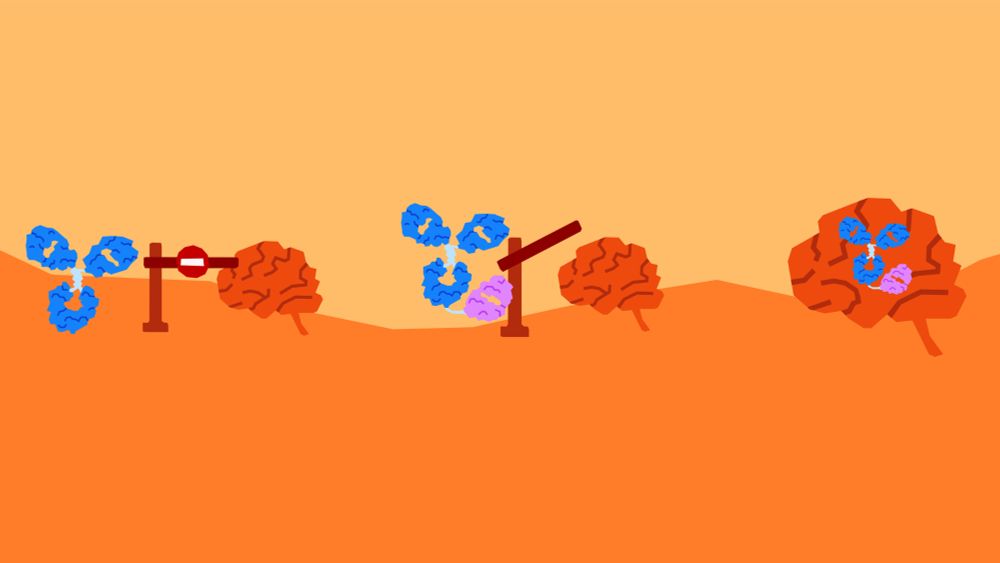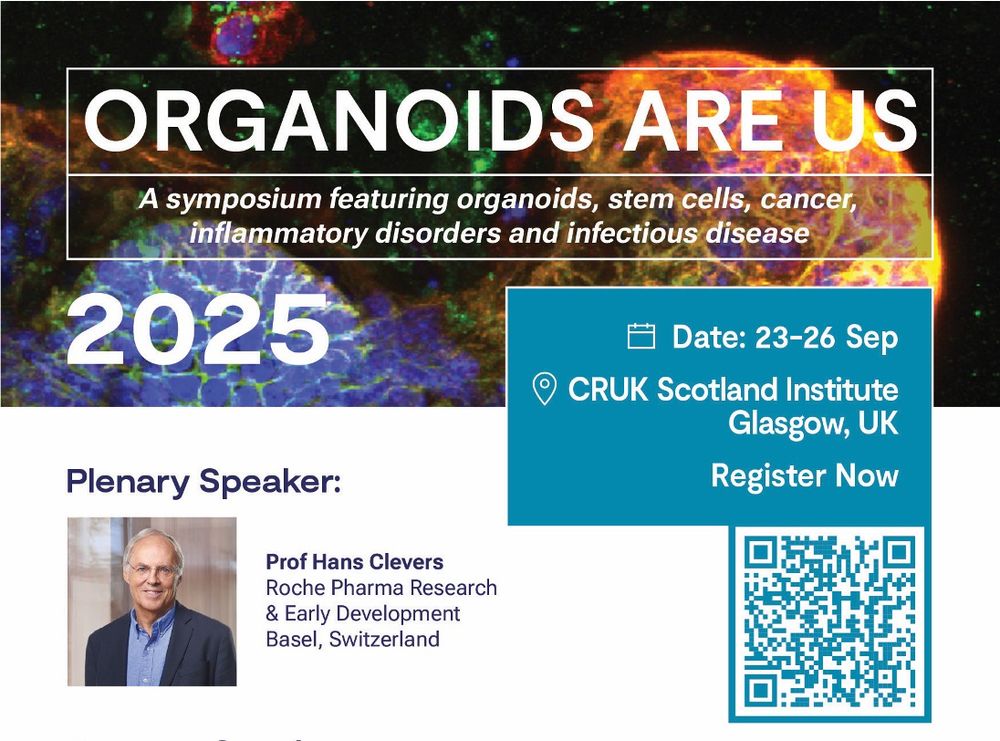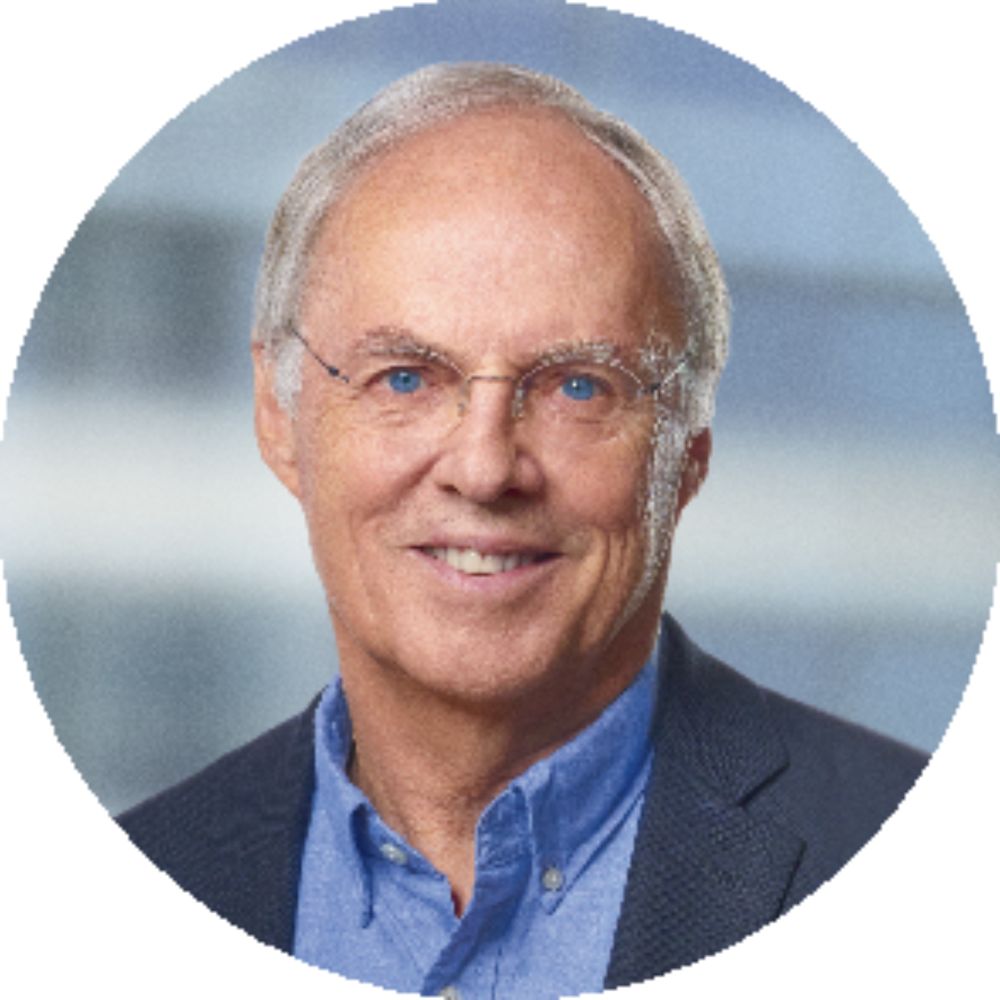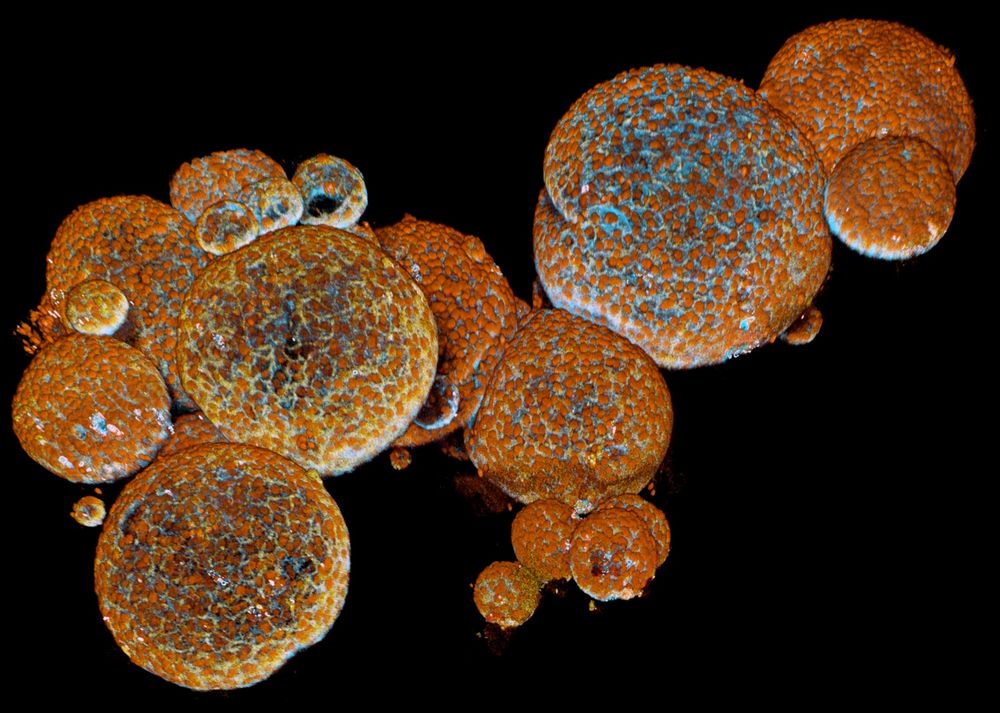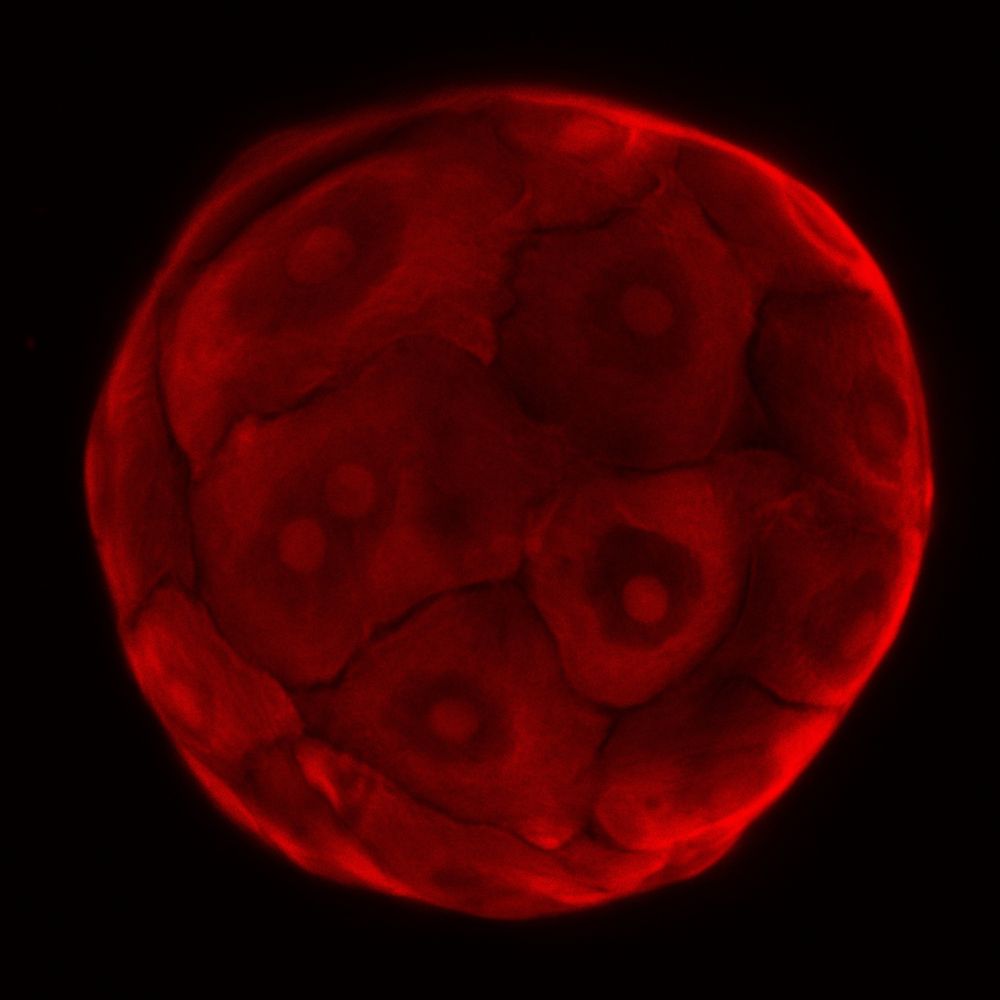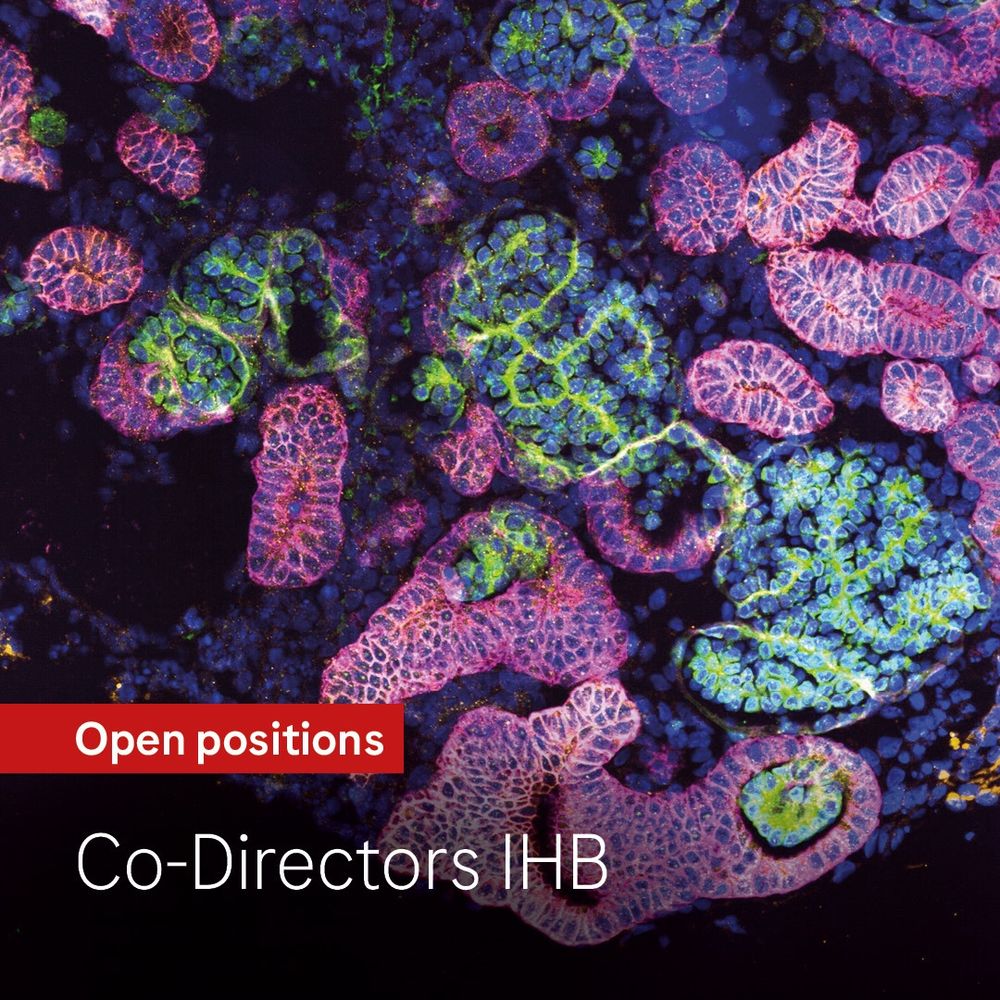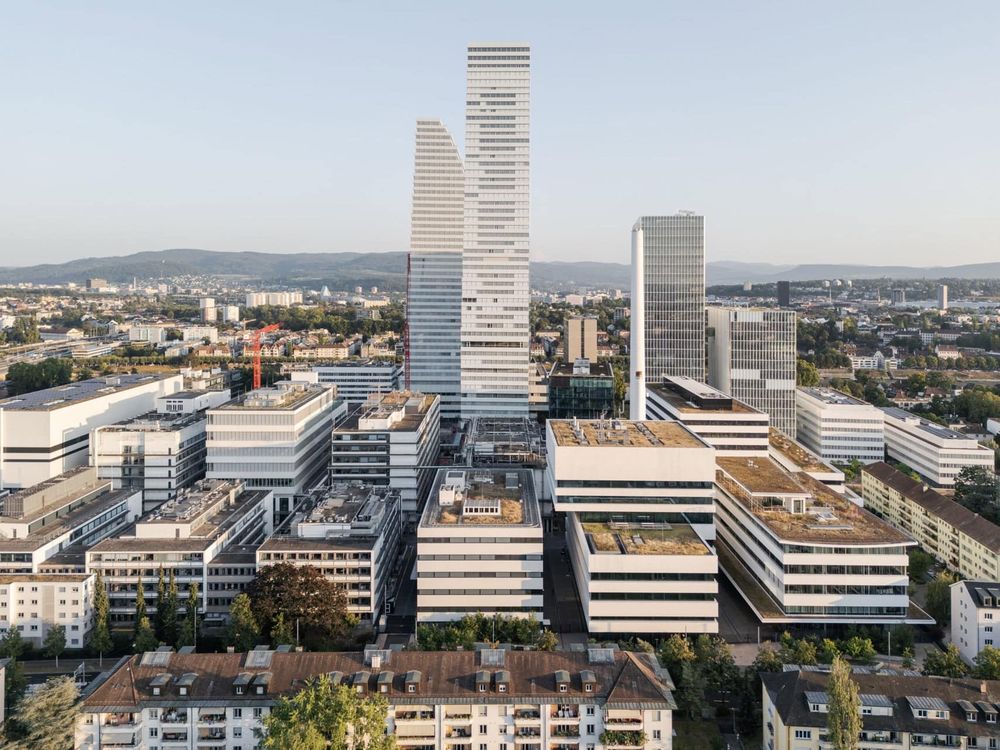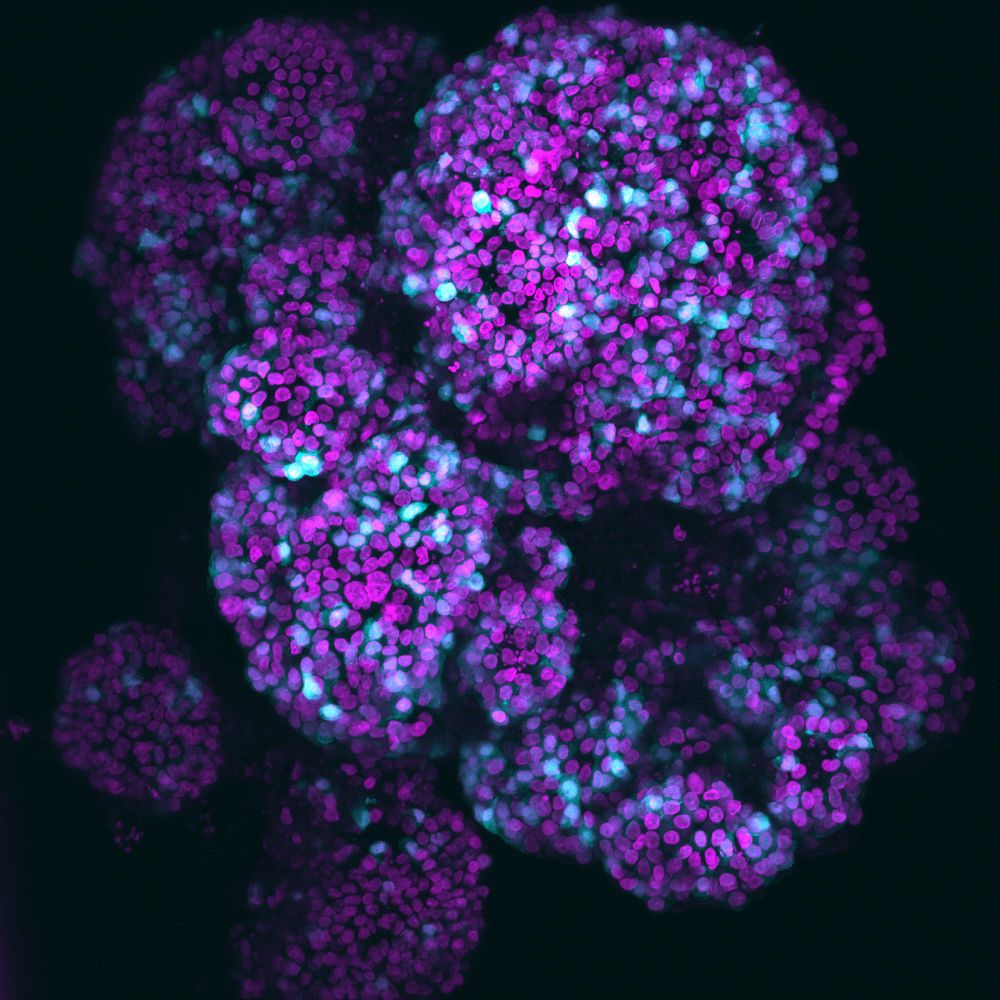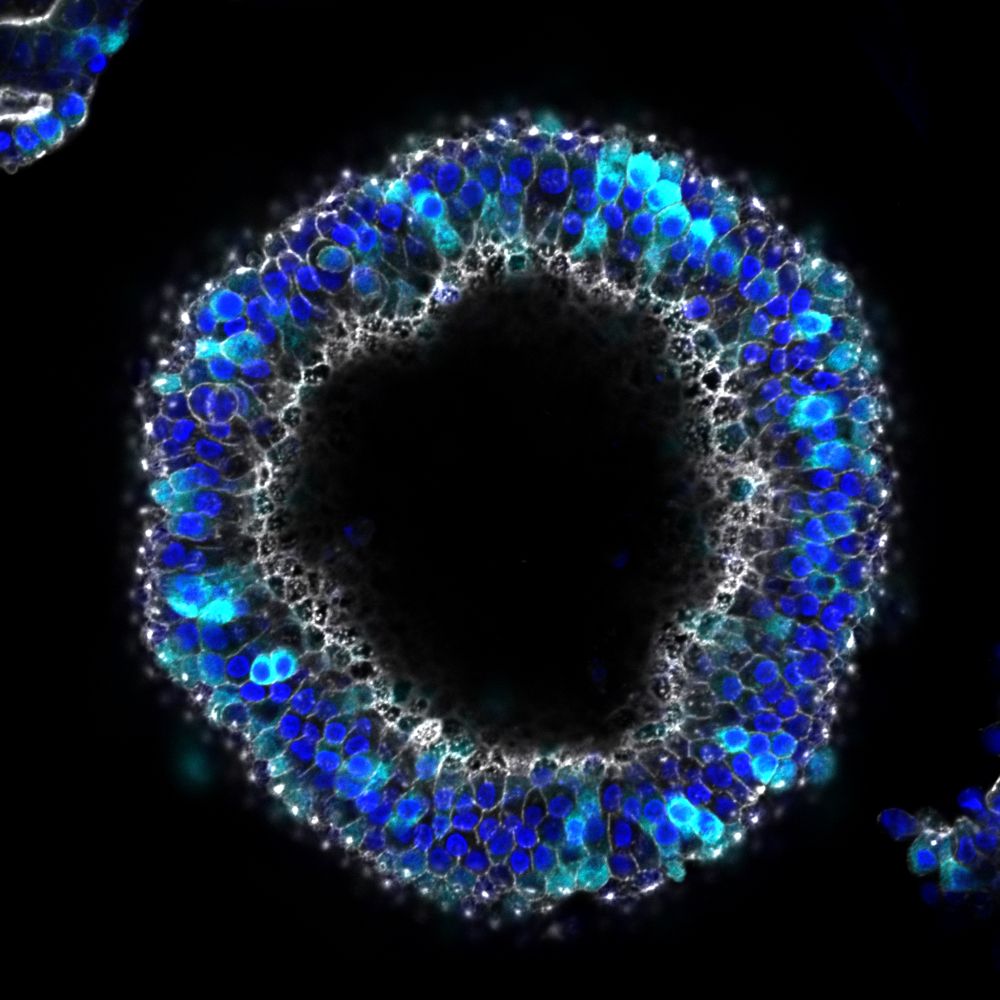Hans Clevers
@hansclevers.bsky.social
1.2K followers
22 following
30 posts
-Scientist interested in Wnt signaling, stem cells and organoids
-Director of pRED/Roche's Institute of Human Biology Basel CH.
-Professor and group leader in Utrecht at the Hubrecht Institute and the Princess Maxima Center
Posts
Media
Videos
Starter Packs
Hans Clevers
@hansclevers.bsky.social
· Sep 6
Hans Clevers
@hansclevers.bsky.social
· Sep 6

Epithelial tension controls intestinal cell extrusion
Cell extrusion is essential for homeostatic self-renewal of the intestinal epithelium. Extrusion is thought to be triggered by crowding-induced compression of cells at the intestinal villus tip. In th...
www.science.org
Hans Clevers
@hansclevers.bsky.social
· May 30
Hans Clevers
@hansclevers.bsky.social
· Dec 3
